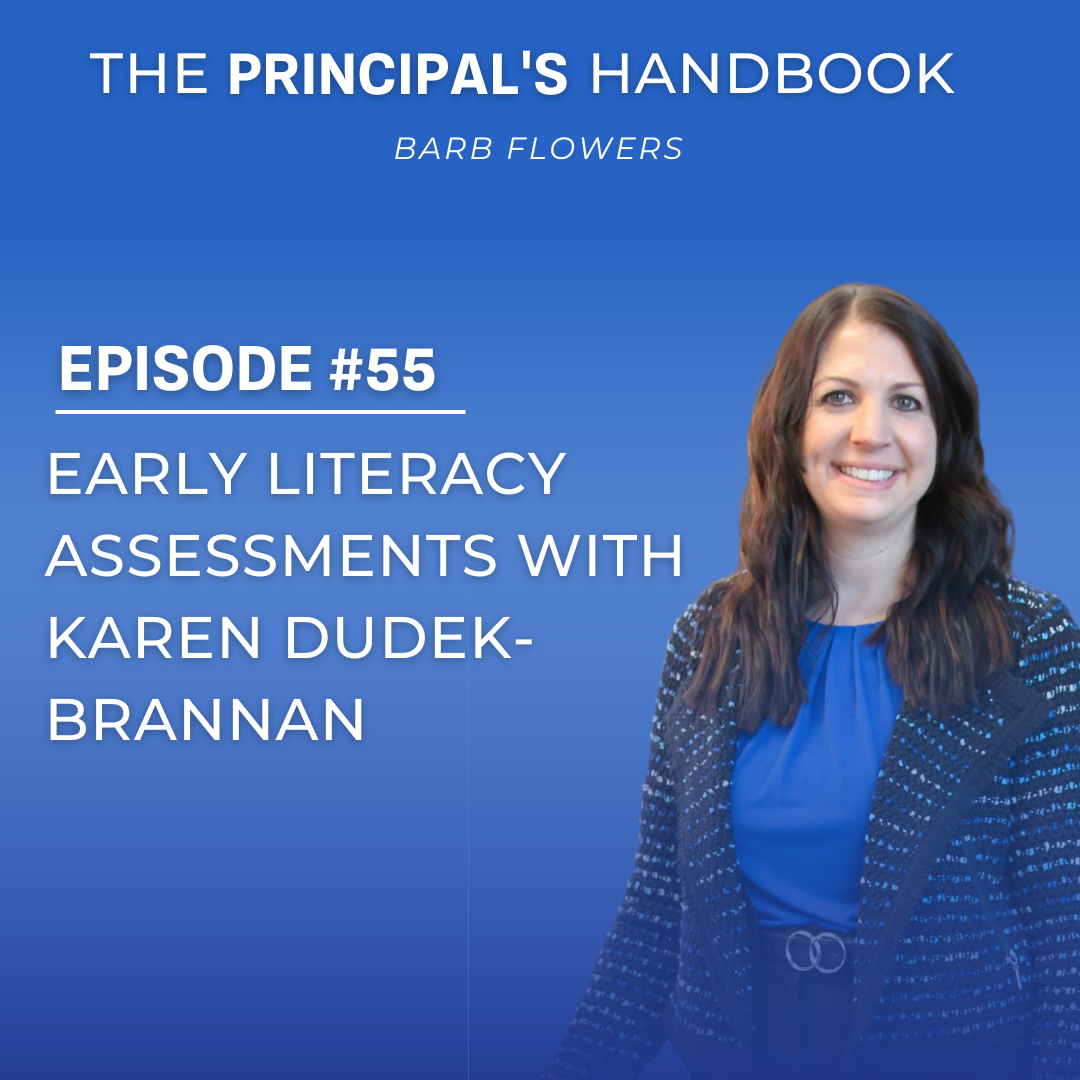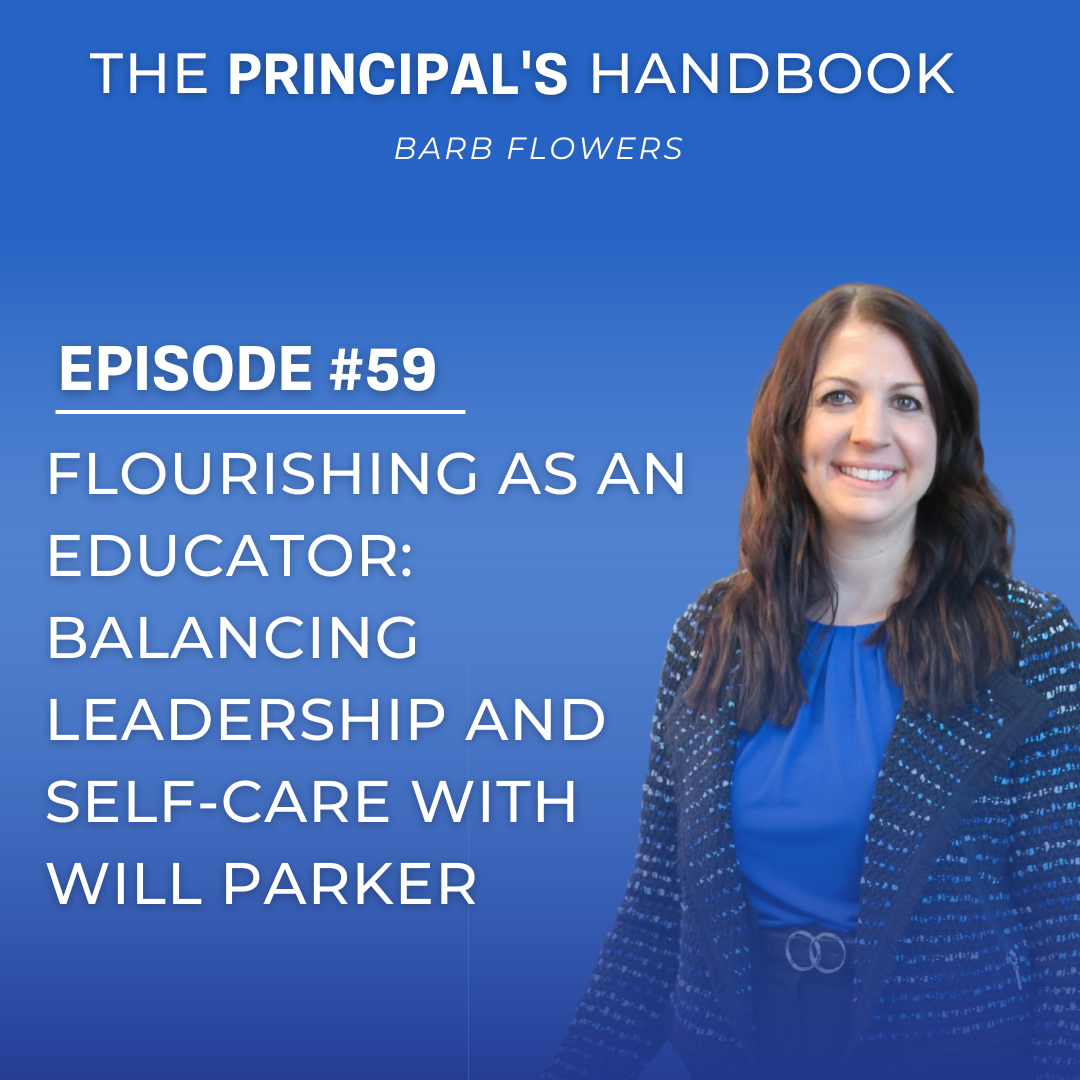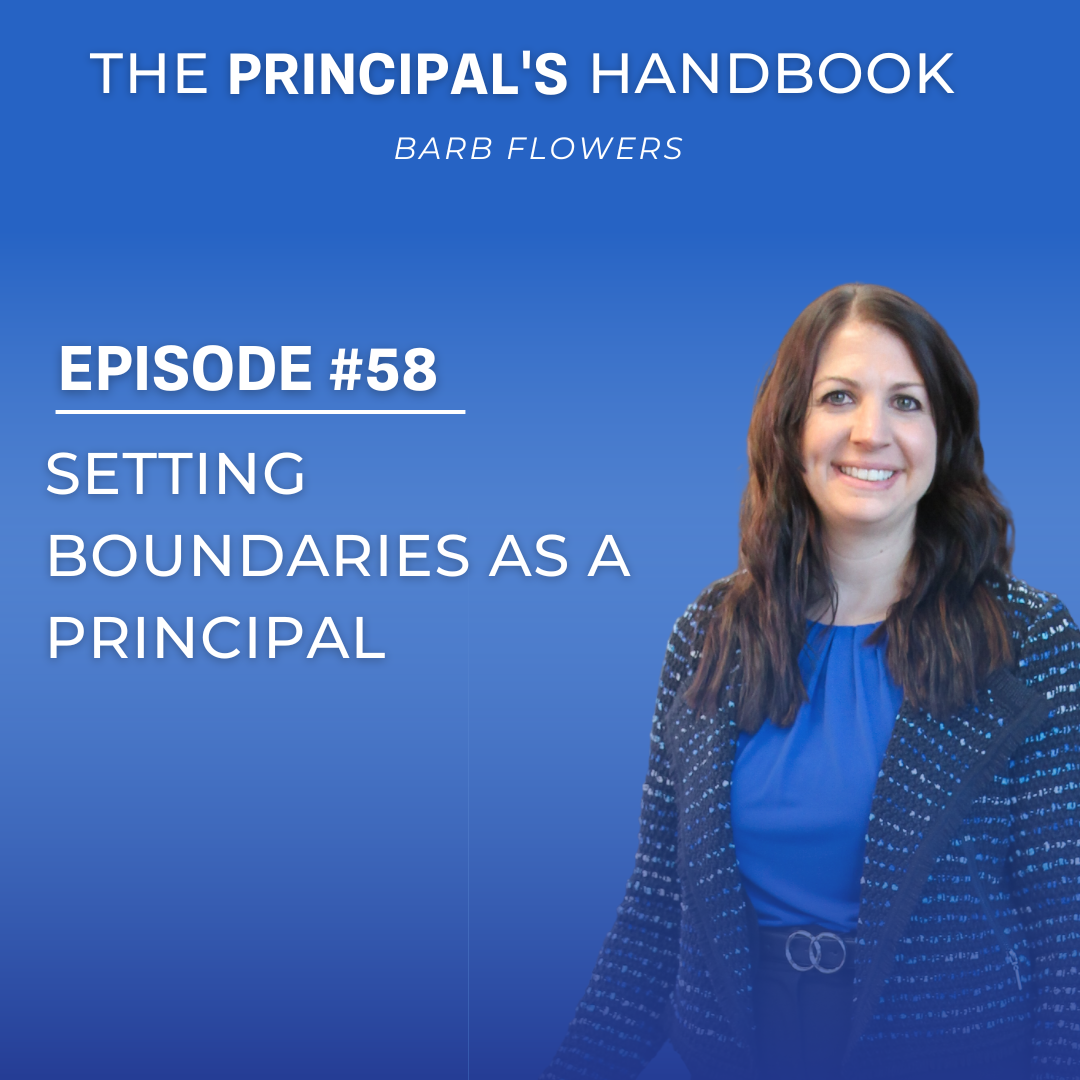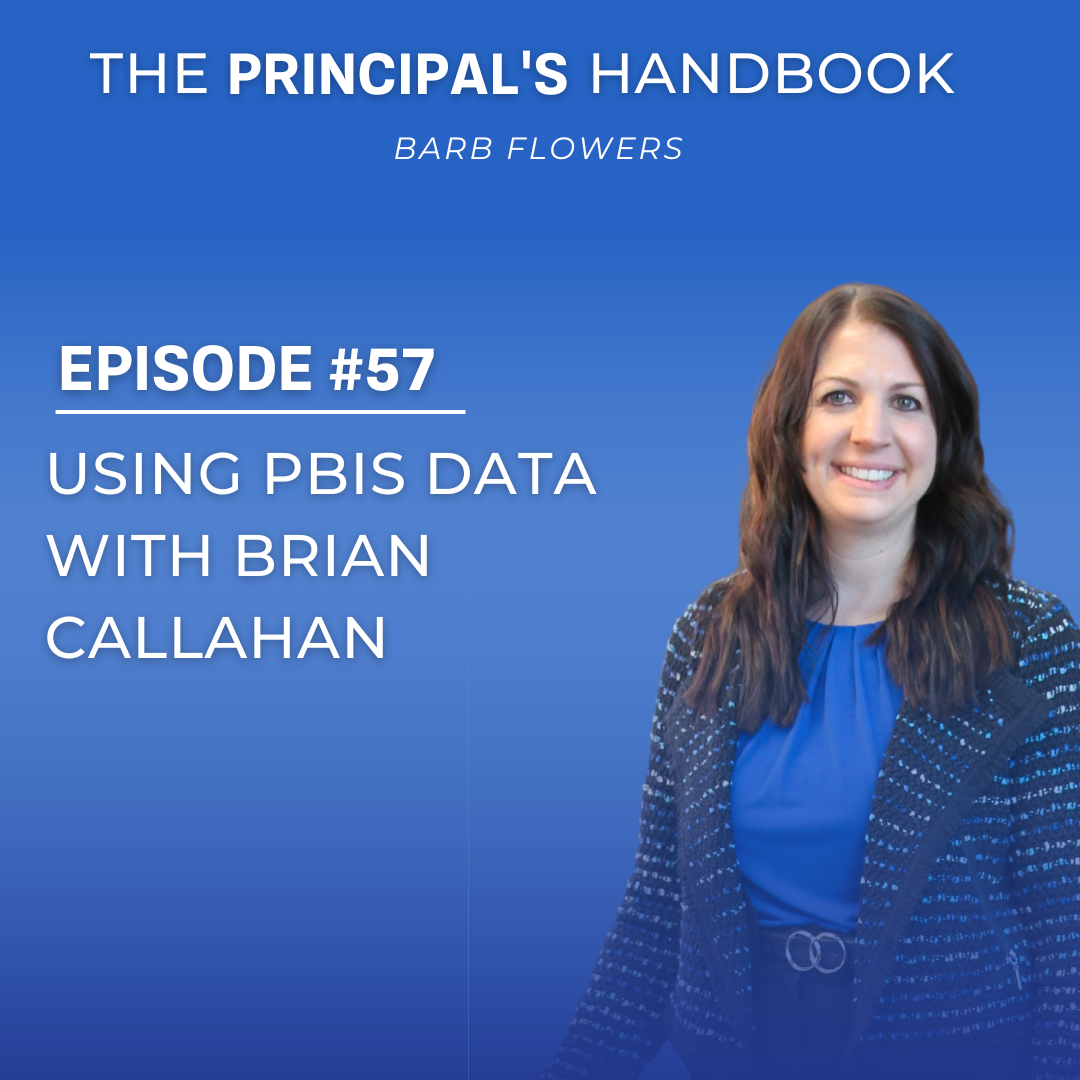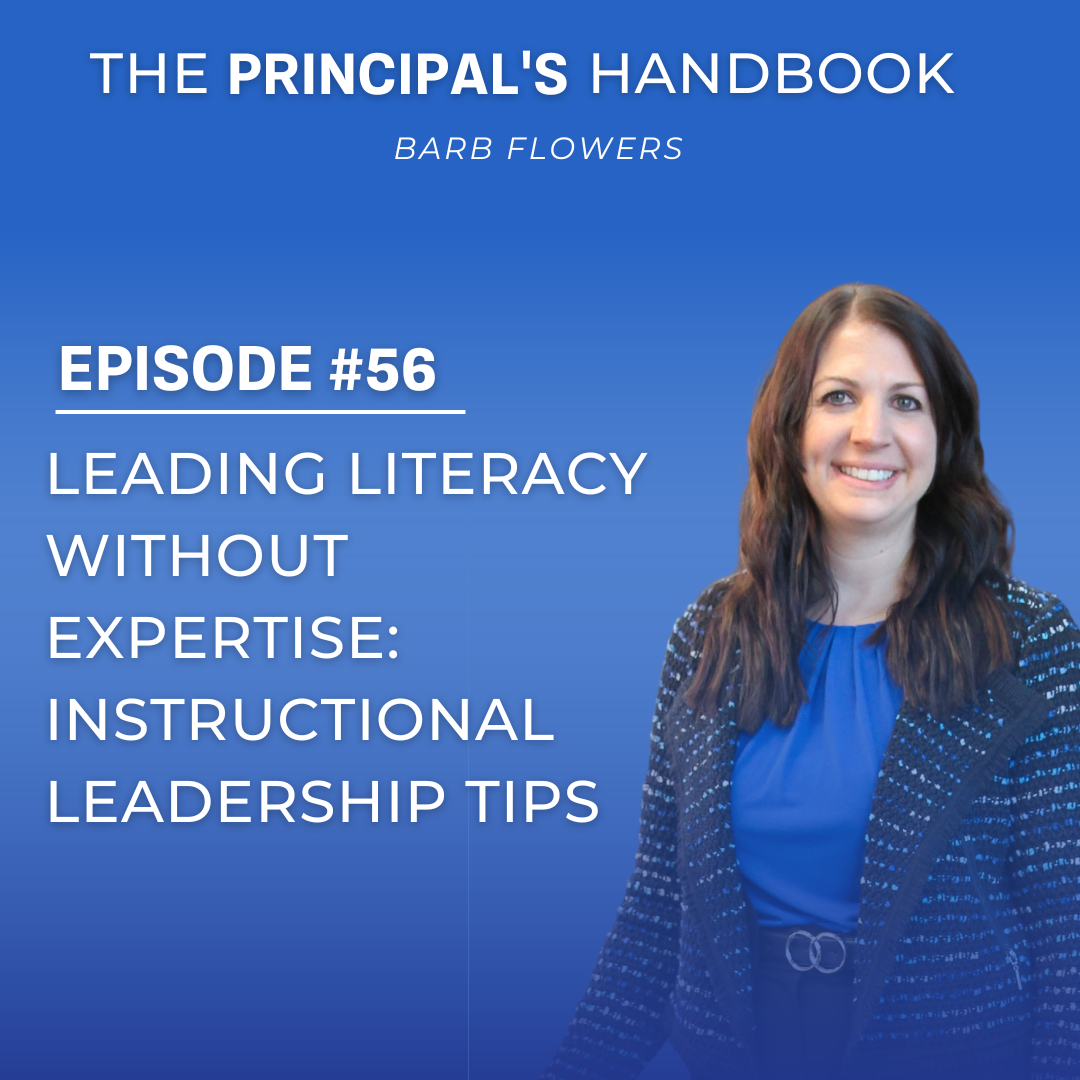Well, welcome everyone to the podcast. Today, I’m here with Karen Dudek Brennan, and we’re going to be talking about early literacy assessments, speed, how that relates to speech and language issues, and different reading assessments you can use with your students. I think it’s going to be a great conversation. I’ll have Karen start by talking about her background and what she’s been doing in education.
Karen:
I started off back in the early 2000s as a speech pathologist in the school system. I was in the public schools for about 14 years, and during that time, I was also getting my doctorate in special education, my director of special education credential, and an assistive technology credential. I was doing a lot of other things on the side before transitioning to training professionals. I have some programs that center around language and literacy, metacognition, and executive functioning, where I support, initially speech pathologists, but it has branched out to the entire special ed and school teams.
When I started off, it was during the time when RTI (Response to Intervention) was kind of a newish thing. No Child Left Behind had been around for a little while, but we were trying to figure out how to determine if a student has a learning disability or meets other eligibility criteria in the schools without relying on standardized testing. We also wanted to use multiple data sources and offer intervention with multiple tiers of support before we decided a student qualified for special ed. I was part of the team in my district trying to figure out how to implement this.
I think many districts experienced this gap where a student either needs support, and there’s no in-between. It was either general education or special education, and there was no real continuum. When we made referrals, we often had to wait a long time for evaluations, and the whole process was labor-intensive. Kids sometimes could have been helped much earlier, but the system was slow.
So, I worked on figuring out how this looked for my role as an SLP, but also provided professional development to teachers so they could offer supports in the classroom. This experience shaped a lot of the work I’m doing now because when you’re in that support staff role, you know you should play a part in the process, but it can be hard to figure out where you fit. I always encourage related service providers not to think of themselves as just someone who pulls kids out of the classroom, but as someone who can offer a continuum of support instead of working in silos.
Barb:
I love what you said, and it leads perfectly into what we’re talking about today. There’s this gap where you have typical kids and kids who are identified on IEPs, but there are also kids who struggle—they aren’t necessarily special ed but still have challenges. As a principal, I take that decision seriously when kids go through the RTI process. It’s hard to decide at what point we say a student needs an IEP and at what point they’re just struggling. We’ve seen kids who have missed so much school, or have been doing online instruction, and how much instruction were they really getting? So many gray areas, right?
What we saw in elementary, especially with reading, was that a lot of students struggled. Now that we’re learning more about dyslexia, it all makes so much sense. Those kids were probably dyslexic, and there’s a range to it just like autism. Not everyone with autism is on an IEP, and some kids can succeed without one, like a student who didn’t have a 504 plan and was doing well because the accommodations were enough. But some kids need more intensive support. So, what screeners do you recommend for those kids, and how do we determine where to place them and what interventions to use?
Karen:
Are you thinking about universal screenings or kids who need more intensive supports? It can be both. When I was in schools, we used different tools that have been updated. For dyslexia specifically, the core features are important. Dyslexia is primarily an issue with word decoding, so students may struggle with sounding out words. But it can also impact language and executive functioning, and some students may have comorbidities.
So, when thinking about screening and evaluation, I tell people that it’s not just a test, but a process. You need a solid protocol in place for screening all students that includes phonological awareness. There are many companies offering good screeners, and I can link to resources. I also have a podcast episode where I did a Q&A for my program members, which includes a list of assessment tools for reading, language, and executive functioning.
When you see a student struggling, especially with phonological awareness or reading at the word level, that’s when you need to be thinking about phonological awareness and other reading strategies. You should also think about language and how older students may struggle with reading because they fear being called on to read in front of their peers. This could be a red flag.
Instead of recommending a single screener, I would encourage you to stay updated on what good screeners are out there. For example, in my district, we used AIMSweb, Lexia, and Hegarty, but we also realized that we needed additional support in phonological awareness, so we used the 99 Percent Group screener. These companies have expanded, so there’s now more support for phonological awareness, morphological awareness, and vocabulary.
Barb:
I love that answer. There are so many resources available, and I think it’s great that you directed people to research what works and see how these companies have expanded their offerings. You also mentioned executive functioning. Talk to me a bit about that and how you notice reading difficulties linked to it.
Karen:
It’s a bit of a chicken-or-egg issue. When we think about the science of reading, some worry that focusing solely on phonics will be boring, and that exposing kids to interesting books will help them learn to read. However, that’s not supported by research. While some kids will learn implicitly, many won’t.
As for executive functioning, think of the reading rope—there’s word decoding, and if you’re struggling with sounding out words or understanding sentence structure, it takes up so much mental energy. This leaves little bandwidth for comprehension. If you can’t decode words automatically, you can’t process complex sentences, which leads to breakdowns in comprehension.
Phonics builds automaticity and frees up cognitive resources for comprehension. Some people ask why we focus on phonics when the end goal is comprehension. But without strong phonics skills, you can’t understand the text. So, we need to build foundational skills like phonics to support higher-level cognitive skills like comprehension and problem-solving.
When it comes to executive functioning, it’s not just about language processing but about how well students can self-regulate and solve problems. You need a balance of both. In the early years, focusing on foundational skills is crucial to later success. Students also need unstructured play and other cognitive activities, but they also need structured academic instruction to build the skills that will support their higher-level cognitive skills.
Barb:
This is what I’ve learned over time with the science of reading—the importance of assessment practices. When I taught third grade, I would give kids an assessment and see that they couldn’t comprehend, but now with our decision rules, we can identify where they are and start with foundational skills. How would you advise principals who struggle to get teachers to understand the importance of phonics, especially in third grade and beyond, where kids are expected to be reading to learn?
Karen:
That’s a tricky situation. One big thing is that service providers like speech pathologists and reading teachers are sometimes seen as “special ed,” and there’s this mentality that their services are separate from what happens in the classroom. But in reality, teachers and service providers need to work together. There’s a lot of resistance, and sometimes it’s because teachers don’t understand the value of the service providers’ roles.
Principals can advocate for better scheduling and collaboration. I’ve seen that at the high school level, where students need more intensive language therapy but are limited by scheduling. If a student’s struggling with language processing, simply giving them 20 minutes every other week won’t work. You need the right scheduling and structure to provide more meaningful support. Teachers need to recognize the link between language struggles and academic performance.
Barb:
Exactly. It’s also about making those small wins happen so teachers can see the value of the support. When they see the results, they’re more likely to buy in.
Karen:
Yes, and collaboration is key. For example, at a PD day, we had SLPs present to elementary teachers about the strategies they were using with students in speech therapy. That was powerful for both teachers and administrators because it showed how the strategies overlap, and it helped teachers see how they can work together with service providers to support students.
Barb:
Exactly. As school leaders, we have the big-picture perspective, but we have to help teachers see how everything fits together. When they understand the bigger goal for students over time, it helps with buy-in.
Karen, thank you so much for being here today. This was such a great conversation. You shared so much valuable information about how to assess struggling readers and the importance of collaboration in schools.
Karen:
Thanks for having me!


